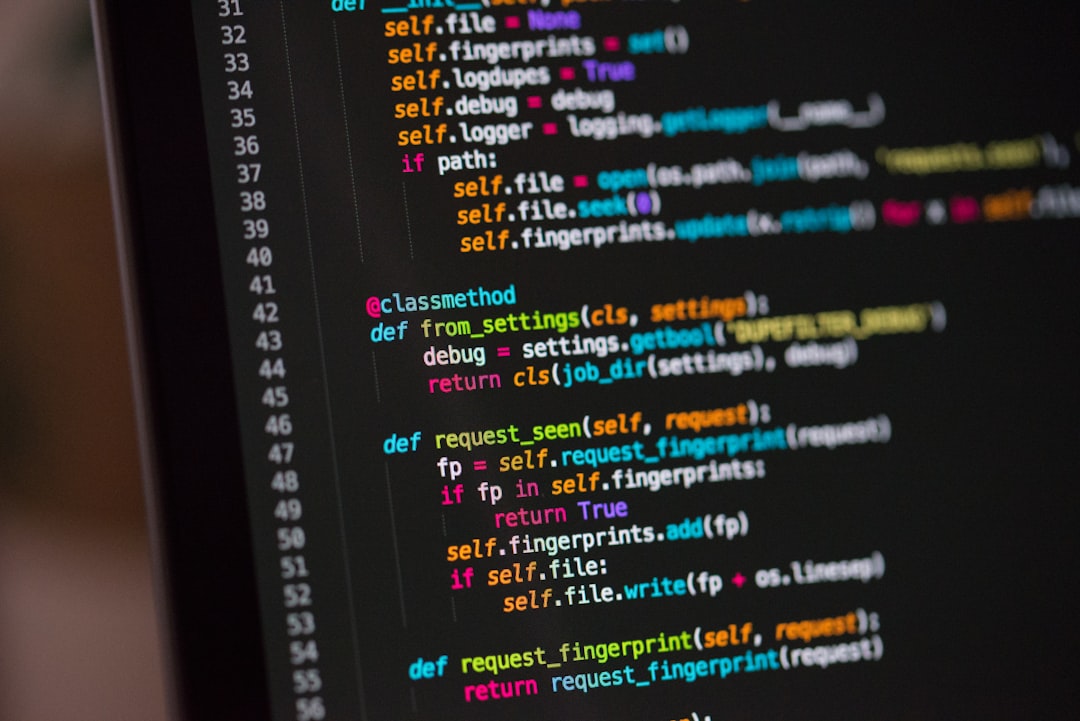2,095 reads
The Importance of Code Quality, Explained
by
May 30th, 2020
Audio Presented by
Software Developer turned Product Manager, avid learner, voracious reader and aspiring writer
About Author
Software Developer turned Product Manager, avid learner, voracious reader and aspiring writer
